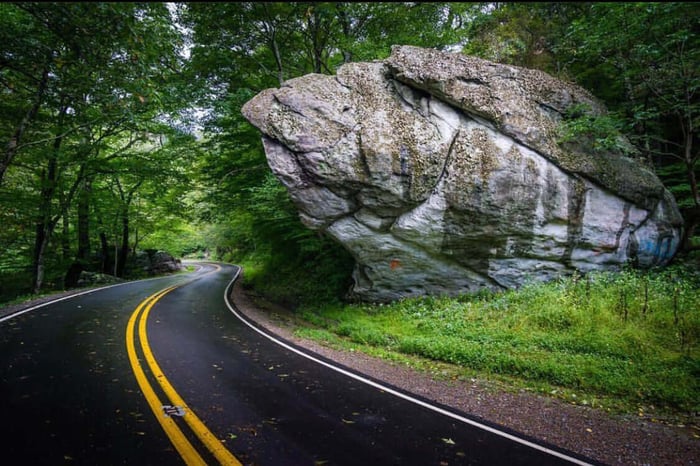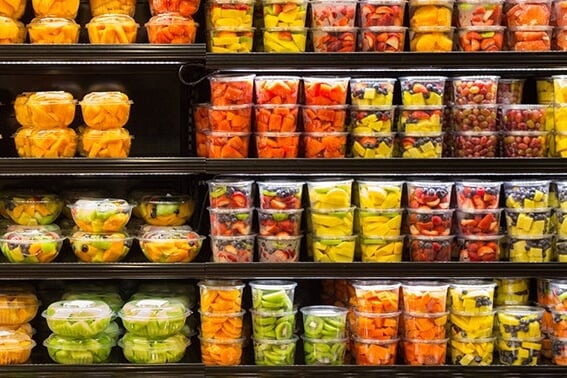It’s that time. We’re about to get swept up into the Holidaze blurr, and this year, many plan to travel near and far. Whether you’re visiting family and friends, going on vacation, or staying put at home and rocking some adventures in the backyard, we’ve got 5 top tips for you for sustainable travel this holiday season.
Recover’s 5 TOP Tips for Sustainable Travel this Holiday Season
Save energy, water, and money at home and on your trip. Before you leave, unplug items such as toasters, printers, electric kettles, and computers and turn off your lights. Turn your heat down, and close your curtains for better home insulation while you’re gone. Minimizing your home’s energy use while you’re out of town isn’t only good for your wallet, it’s good for the environment because it increases energy efficiency and reduces greenhouse gas emissions associated with your electricity source.
You can practice the same energy saving tips at home on your trip, and you can also up the ante for water savings while you travel. To save water while on your trip, if you’re staying at a hotel, leave the Do Not Disturb sign on your door to ensure towels and linens aren’t washed daily- this adds up to huge water and energy savings. Be mindful of water use by taking quick showers and always turn faucets off when they’re not in use. Doing what you can to save energy and water at home and on your travels helps address both climate change and our significantly depleting fresh water resources.

Choose travel closer to home, and travel means with lower greenhouse gas emissions to get you where you’re going this holiday season. According to the Environmental Protection Agency, transportation is the United States’ largest source of greenhouse gas emissions, glugging out 29% of our annual emissions. Air travel is the most emissions-intensive form of travel, so consider taking the train or bus if possible.
Think big picture planet + people when you plan your trip. Before you go, research sustainable tour and accommodation options to help support local communities and reduce environmental impact in your travel destination area. Wherever you go, ask how you can reduce your local impact and take action to do so. This can be anything from picking up your trash, to avoiding visiting popular destinations in which mass tourism can negatively impact wildlife and drive up costs of living for locals, which results in their not being able to afford to live in the places that they have long called home.

Using the internet accounts for 10% of global electricity demand. As more and more people around the world gain internet access every day, that percentage is set to rise to as much as 20% by 2030. While scrolling through social media or checking your email throughout the day on vacay may seem harmless, take the opportunity to “unplug” and not only save energy, but gain the mental benefits of reducing your screen time. A plethora of research shows that reduced screen-time is associated with better sleep, and less anxiousness, stress, and depression- and hey, it gives the environment a holiday present too by reducing energy use!

In the U.S. alone, 25 million tons of extra holiday waste is generated by Americans and unfortunately, much of that waste is plastic. Avoid plastic waste and unnecessary holiday trash generation by bringing your own reusable water bottles, bags, and take-out dining kits, which may include cutlery, plates, bowls, and mugs. With increased take-out during the pandemic and over the holidays, a significant amount of waste is generated with single-use plastic forks, spoons, knives, and paper and plastic plates, bowls, and mugs. Globally, 481.6 billion single-use plastic bottles and one trillion single-use plastic bags are used and disposed of in a single year. This consumption wreaks havoc on our oceans, rivers, terrestrial environments, and all of the local communities that depend upon these ecosystems. Bring your own gear on your trip, and reduce your trash footprint.

Currently, the average meal in the United States travels 1,500 miles to get to our plate- whoa! For your travel this holiday season, find local markets and seek out food that is locally sourced. Not only does this food taste better, supporting local markets and local food helps local economies in your destination and reduces greenhouse-gas emissions related to food transportation. Thinking about the kinds of food you eat is important too. Meat production is a significant contributor to climate change, so eating a little less of it over the holiday season makes a positive impact. Large-scale meat production has resulted in detrimental deforestation in places like the Amazon, increases in methane-levels (yes, this is from cow farts and burps, and yes, methane has a heat trapping ability 21 times that of carbon dioxide), and uses large amounts of water (an average of 460 gallons of water goes into making one hamburger). Shop local and eat a little less meat for more sustainable travel this holiday season.
Happy Thanksgiving and Happy Holiday Season from all of us at Recover! Be the Impact.






